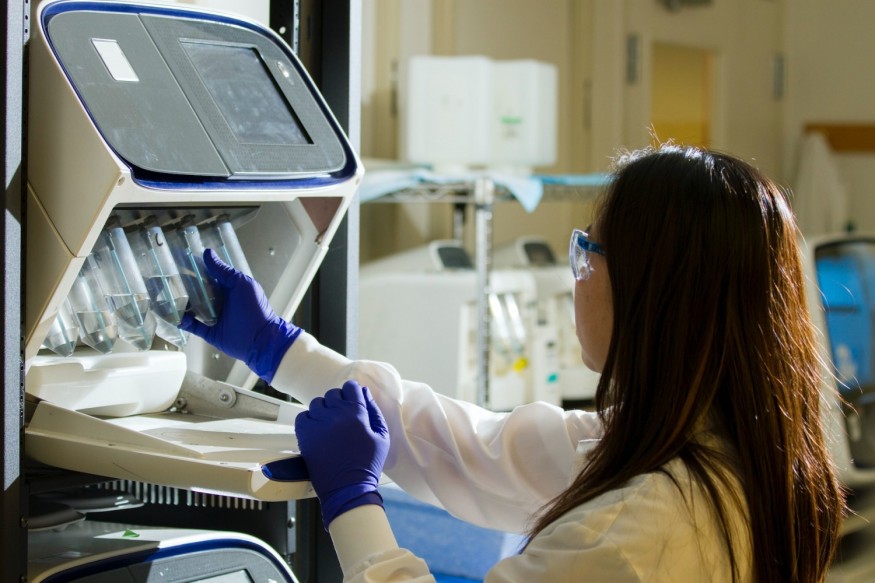Future Medical Technology: What Can We Expect?

It is exciting to see how technological advances are outpacing traditional healthcare practices.
A new and ambitious development is always on the horizon in this rapidly growing field, from digital surgery to increasingly precise imaging instruments. It's essential to know more about existing technology and what's coming up in the future in the medical technology industry.
We'll explore some of the hottest medical technology trends in this article - from innovative treatments to advanced diagnostic tools - to ensure you stay on top.
Medical Device Product Development Trends
The medical technology industry constantly evolves, and staying ahead is paramount. From 3-D printing to AI-powered care, we've seen a lot of progress in medical device product development.
Doctors can now use machine learning in healthcare to diagnose diseases faster and more accurately.
Today machine learning gives healthcare providers significant insight into their patients because the automation of clinical devices makes it easier for them to collect and evaluate data.
Meanwhile, hospitals have improved resource allocation by analyzing data-driven metrics like patient outcomes, cost-effectiveness, and quality management statistics.
In short, with great strides in hardware and software, medical tech's possibilities are endless. In fact, medical organizations worldwide struggle to keep up with these rapid advancements as they strive to provide quality healthcare.
Innovative Medical Treatments
Technology has advanced so fast that it's impossible to overstate its potential. From 3-D printing to AI-driven care, doctors can accomplish so much more.
For instance, advanced technologies are revolutionizing how doctors see and diagnose illnesses, creating solutions that lead to better patient outcomes.
With the advancement of medical technology, healthcare will undergo remarkable changes. We'll see wearable health monitors, telemedicine, virtual reality, augmented reality, and robotics. As technology advances, new tools and devices will be available to automate healthcare processes.
These advances will allow physicians to detect and treat conditions with greater accuracy, efficiency, and cost-effectiveness. They'll also help eliminate diagnosis errors and reduce the risk of medical complications.
Minimally-Invasive Robotic Surgery
Robotic surgery and 3D-printed prosthetics are transforming healthcare around the world. In addition to speeding up healing and avoiding complications, cutting-edge medical technology can help reduce pain and suffering.
With minimally invasive robotic surgeries, people can return to their lives faster than with traditional surgeries, making them happier with their quality of life. Personalized cancer therapies, for example, are more effective in treating specific illnesses because of medical breakthroughs.
The Influence of Machine Learning
In medicine, machine learning can help detect diseases early, reduce errors in diagnosis, automate mundane tasks, and personalize treatment. COVID-19 cases were quickly diagnosed with machine learning algorithms, saving hospitals time and resources.
The possibilities are almost limitless as research groups continue to explore how to use machine learning in healthcare.
Using these powerful tools can be exciting, but we must remember patient privacy. Algorithms must be designed to protect confidential information. With the right safeguards in place, automation can improve healthcare outcomes without compromising patient data.
The Future of HealthCare
Healthcare providers will provide superior treatments with fewer resources as these technologies advance. At the same time, patients will get a better quality of life as a result of minimally invasive surgeries and personalized cancer therapies. As doctors try to deliver better patient care at lower prices, the future of medical technology looks bright.
As medical technology advances, patients will be able to access more accurate and effective clinical services to improve their quality of life. And as devices get more automated and connected, healthcare providers will have access to more actionable insights, which will help them make better decisions.
There is no doubt that medical technology is already at an exciting phase right now for both patients and providers. But things are expected to get even better. Future advances in medical tech will exponentially increase the quality of care and reduce the risk of medical errors.
Subscribe to Latin Post!
Sign up for our free newsletter for the Latest coverage!

















